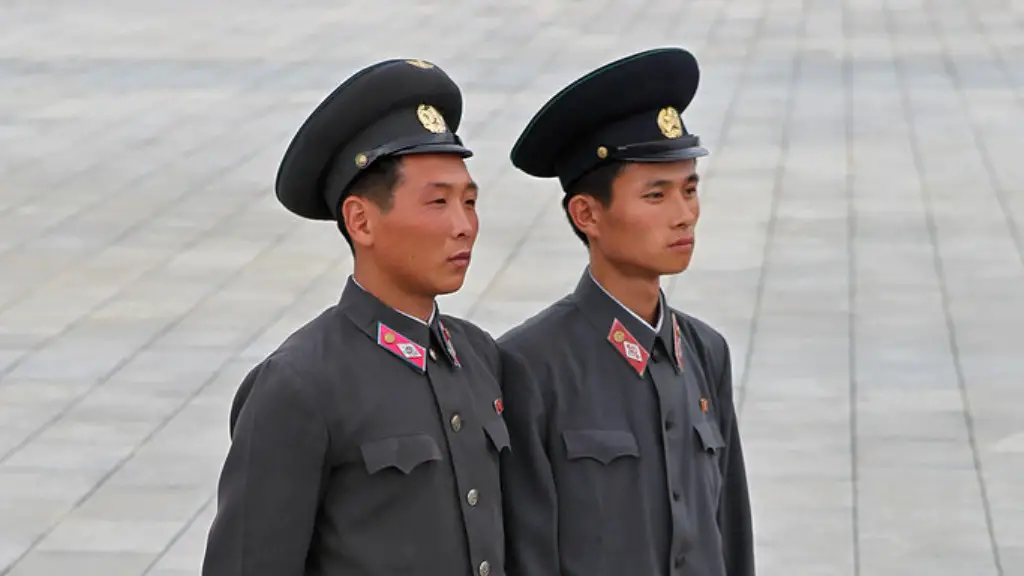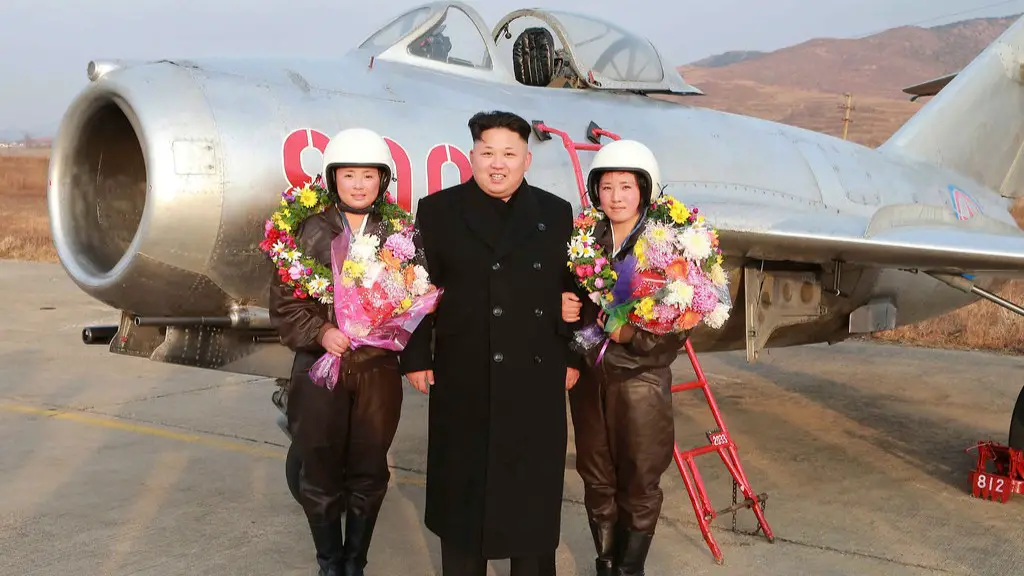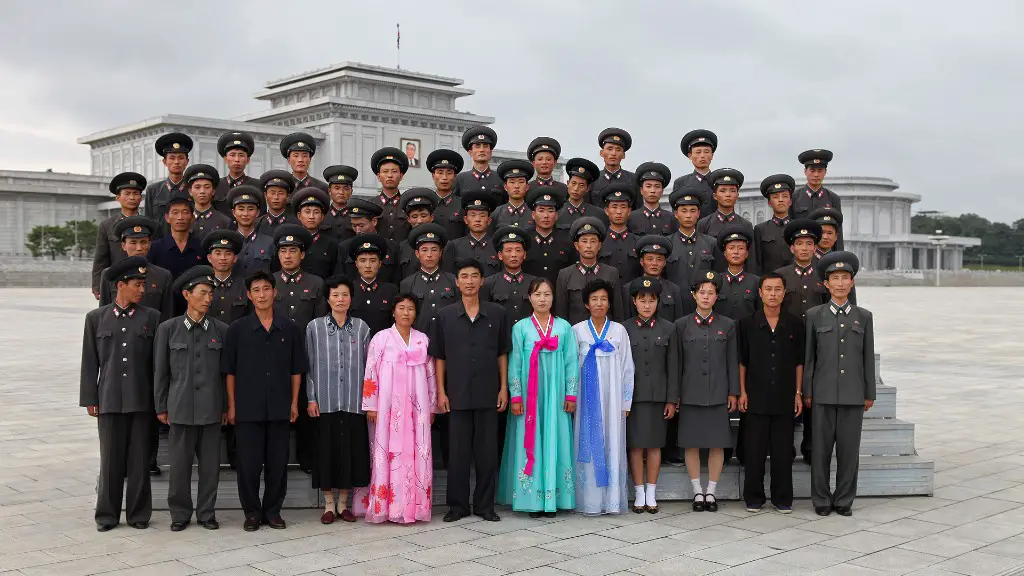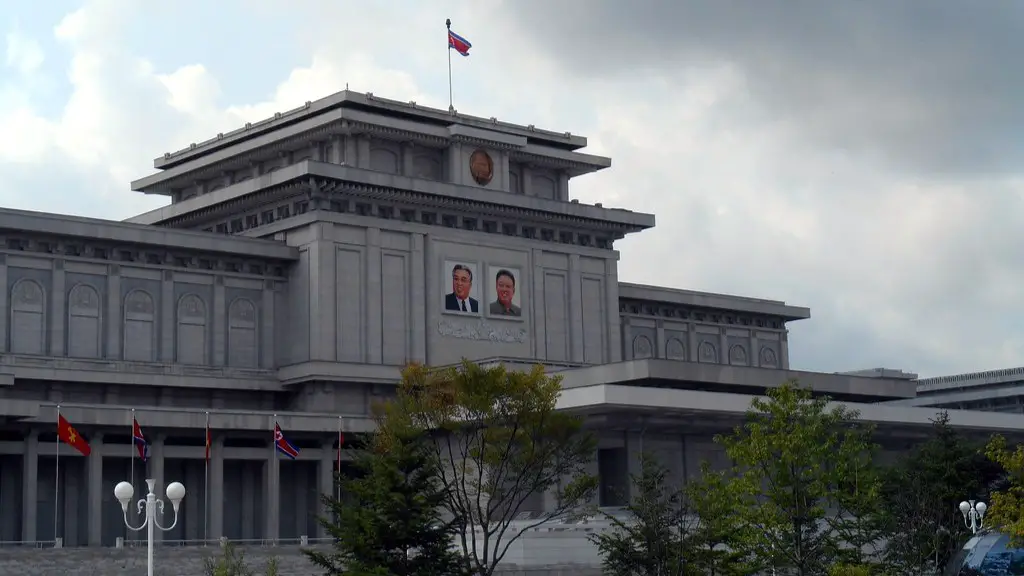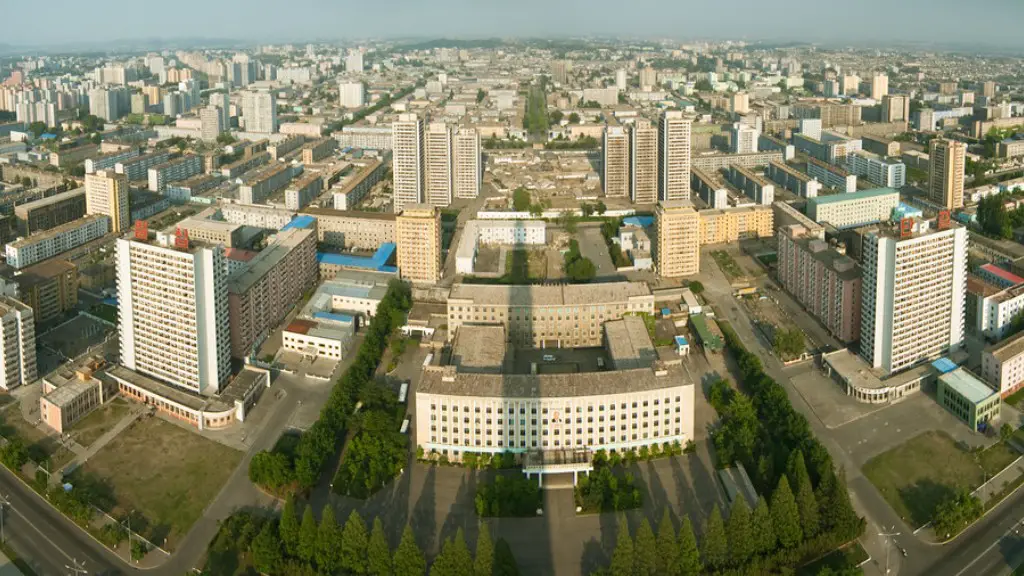The alliance between North Korea and China has been building since the end of the Korean War, yet recent reports show a weakening in ties. As both countries continue to compete in the geopolitics arena and assert their power in the international community, it is widely speculated that China is now more distant to North Korea. As tensions rise surrounding North Korea’s nuclear programs, this question takes on significant importance: is China siding with North Korea?
Since the Korean War, the Chinese government has been extremely supportive of the North Korean government, providing economic aid and other resources. However, over the recent years, China has become increasingly restrictive in providing resources, cutting off Chinese trade to the nation. Evidence of China’s waning support comes as military drills have become more frequent between the two countries, and after the implementation of the United Nations sanctions on North Korea. While there is no official comment from the Chinese government, the decrease in economic and military aid paints the picture of a weakened relationship.
Experts appear mixed when it comes to the issue of China siding with North Korea, though there appears to be a divide between those who believe China is completely disengaging and those who think they are still supportive to some extent. Analysts with a positive view of the situation point out that despite the decrease in trade and military aid, China and North Korea still maintain good diplomatic ties. This may be a sign of positive relations, and a sign that China is attempting to use diplomatic strategies to maintain ties with North Korea, while still abiding by the UN sanctions.
Others who are more pessimistic about the situation believe that the Chinese government is purposefully decreasing relations with North Korea due to the increasing threat of their nuclear weaponry. This comes as a result of a shift in Chinese policy from past military strength to a more economically driven fight for global power. The Chinese government is now placing much emphasis on a peaceful resolution to dealings with North Korea, rather than military action.
It is difficult to determine with any certainty if China has entirely siding with North Korea, or if it is simply distancing itself from the nation. Furthermore, it is also unclear as to whether or not this move is permanent, or if it is merely a temporary measure in an attempt to pressure North Korea into finally denuclearising. One thing is certain, however, China will remain largely influential in any future dealings with North Korea, and the outcome of this complicated relationship could have serious ramifications in the future.
Economy
The economic ties between China and North Korea have always been a large part of their relationship. North Korea relies heavily on Chinese imports, with the nation importing somewhere around 70-90% of their goods from China. With recent restrictions in trade as a result of UN sanctions, North Korea has been stuck between a rock and a hard place.
According to the Chinese government, imports from North Korea have dropped in excess of 5% in the last five years. This drop is the result of UN sanctions, but also a conscious decision by the Chinese government to reduce support for the North Korean economy. Analysts believe this decrease in aid will be detrimental to North Korea’s economy, making it even more reliant on Chinese aid.
In an attempt to offset the losses from the UN sanctions, North Korea has been attempting to garner support from other international partners. It appears, however, that North Korea’s most reliable partner in terms of economic support has always been China, and will remain as such in the coming months and years. China’s power and influence in the region sets it apart from North Korea’s other international allies, and its leadership will undoubtedly play a major role in any future economic dealings between the two countries.
Military
Military ties between the two countries have become increasingly strained over the last few years, with the Chinese government reportedly reducing military equipment supplies in the wake of UN sanctions. China has also reportedly been conducting routine military drills to prepare in case of a North Korean attack. China’s moves appear to be attempts to show they will retaliate in the event of any unexpected military action, however, this public show of force has also ignited fear in North Korea that the nation will be attacked by China in the near future.
In contrast to this public display of strength by China, privately, both countries are reportedly maintaining good diplomatic relations. North Korea has reportedly been asking China for military aid to help its regime survive, yet there has been no response from the Chinese government. This has led some to speculate that China is severing ties with North Korea and attempting to maintain order in the region without military intervention.
Furthermore, China is reportedly no longer playing a role in maintaining the armistice between North and South Korea after signing a joint statement with the United States 17 years ago. Despite it being publicly mandated that China sign the document, the Chinese government has been silent on the topic since. This decrease in Chinese involvement has raised some suspicions that the Chinese government is slowly abandoning its long-standing commitment to maintaining peace in the region.
International Relations
As news of North Korea’s nuclear activity has spread, so too has the fear of international retaliation. Nations around the globe have united to unanimously implement UN sanctions on North Korea, in the hopes of pressuring the nation to halt further development of its nuclear weapons.
China has been largely supportive of these sanctions, however, reports indicate that the Chinese government has softened its stance on North Korea in recent months. After the sanctions were put into place, reports emerged indicating that China was allowing certain goods to be exported, in spite of the ban. This has led some to speculate that China is attempting to maintain diplomatic relations with North Korea, while simultaneously abiding by the UN’s sanctions.
In addition to its support of the UN’s sanctions, the Chinese government has been extremely vocal about the need for a peaceful resolution between North and South Korea. Chinese diplomats have met with North Korean officials multiple times in recent months to discuss a denuclearisation of the region, as well as other topics. Despite these measures, the Chinese government has so far stayed out of direct involvement in any peace talks between the two Koreas.
Domestic Relations
Internally, there appears to be considerable dissent amongst Chinese citizens with the nation’s relationship with North Korea. It appears the Chinese government is torn between siding with North Korea and appeasing the international community. Many citizens fear that if China maintains its current level of support for North Korea, the nation may be subject to international criticism and possible retaliatory measures.
Furthermore, it appears there are more calls for China to implement harsher regulations on North Korea as a result of its support for the nation’s nuclear programs. This stance is often seen in protests and public displays, as citizens voice their dissatisfaction with the Chinese government’s weak stance on North Korea.
In a move that appears to appease its people, China recently increased the regulations and restrictions it has placed on North Korea. This move by the Chinese government could be seen as a sign that it is not siding with North Korea, and is instead attempting to distance itself from the nation’s actions.
Political Impact
It appears as though the question of whether or not China is siding with North Korea is only going to be answered with time. Regardless of the answer, one thing is certain, the outcome of the two countries’ relationship will have lasting effects of the geopolitical landscape of the world.
As North Korea continues to increase its military and nuclear capabilities, the pressure on other nations to react will increase. In the event of a military conflict, China has the potential to be the deciding factor in a potential resolution, as the nation boasts immense power and influence in the region.
In the event that China does choose to side with North Korea, it will also put the Chinese government in a precarious international position. With talk of war looming, China may be faced with the difficult decision of whether to side with one nation or the other, or risk devastating retribution from the international community.
Conclusion
The relationship between North Korea and China is an ever-changing one, and the question of China’s alliances will remain unanswered until something concrete is revealed. It appears, however, that the Chinese government is taking a wait and see approach, rather than siding with either nation. As the two countries continue to clash in the geopolitics arena, however, it is certain that the outcome of this relationship will have far reaching consequences, and will be closely watched by the entire world.
